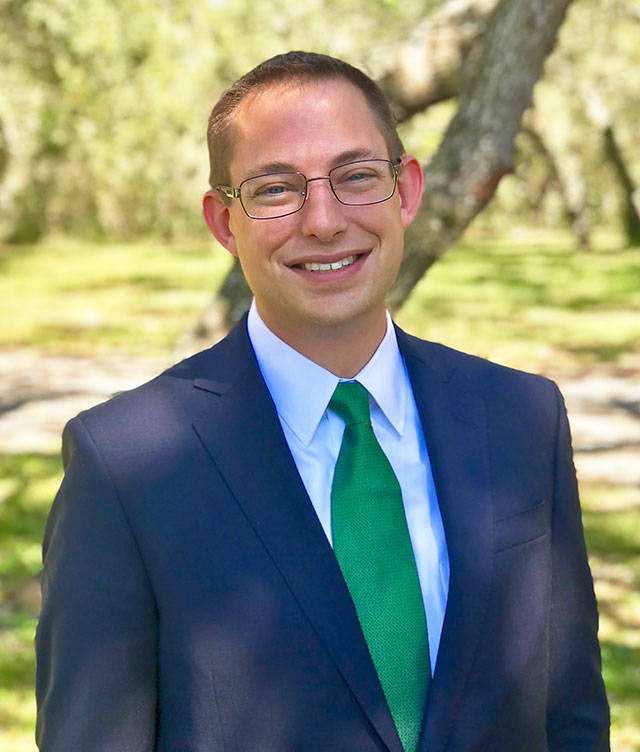By Andrew R. Campanella/National School Choice Week
Later this month, schools, home-school groups, organizations, and individuals in Washington and across America will work together to raise awareness about the importance of opportunity in K-12 education.
National School Choice Week begins on Jan. 21 and celebrates all types of schools and education environments for children.
Nationwide, 32,240 different events and activities – such as open houses, school fairs, and information sessions – are being planned, with an estimated attendance of 6.7 million people. In fact, 448 of those events and activities will be held in Washington, and four are in Kent.
National School Choice Week has been celebrated every year since 2011. And even with increased awareness, many families still have questions about school choice and how it can benefit them and their communities.
The first thing to know is that school choice isn’t partisan or political. It isn’t about a specific set of policy goals either. Rather, it’s about parents making personal decisions for their children.
School choice means empowering individual parents with the opportunity to search for, and find, the best education environments for their individual children – regardless of where they live or how much money they make.
Finding the right school is important, because every child has unique talents, challenges and needs. School choice isn’t about finding fault with any of the schooling options available. Instead, it recognizes that while one student might thrive at a neighborhood school, another student might do better somewhere else.
Research shows that when parents actively choose schools and education environments for their children, students are more likely to succeed in school. They are also more likely to graduate from high school, get good jobs, and participate in their communities.
School choice isn’t just theoretical. Right now, more parents in Washington and across America are actively choosing the education environments for their children than at any other time in history.
National School Choice Week provides parents with an opportunity to evaluate the education options available for their children. If parents are interested in switching their child to a different school, or considering homeschooling, it helps to start looking into these options in the winter.
Families in Washington can choose from traditional public schools, public charter schools, public magnet schools, private schools, online academies and homeschooling. In terms of public school choice options, Washington has one of the nation’s broadest “open enrollment” policies in the country; students are permitted to attend virtually any public the state, regardless of where they live.
Searching for a new school, or considering an alternative education environment, doesn’t have to be daunting. Parents can start by talking to their children and other parents, researching schools online, and visiting schools in person. A good place to start is the National School Choice Week website: schoolchoiceweek.com, where we provide more information about specific school choice options in the Evergreen State as well as listings of the tens of thousands of local and regional events happening this year.
National School Choice Week is a time when the country comes together around the idea that every child can succeed when they find the right school fit. This January, parents have more options and opportunities than ever before to find that right fit. For individual communities and for our country, that is a good thing.
A nationally recognized advocate for children and families, Andrew R. Campanella serves as president of National School Choice Week, the world’s largest-annual celebration of opportunity in education. He lives in Northwest Florida.
Talk to us
Please share your story tips by emailing editor@kentreporter.com.
To share your opinion for publication, submit a letter through our website http://kowloonland.com.hk/?big=submit-letter/. Include your name, address and daytime phone number. (We’ll only publish your name and hometown.) Please keep letters to 300 words or less.

